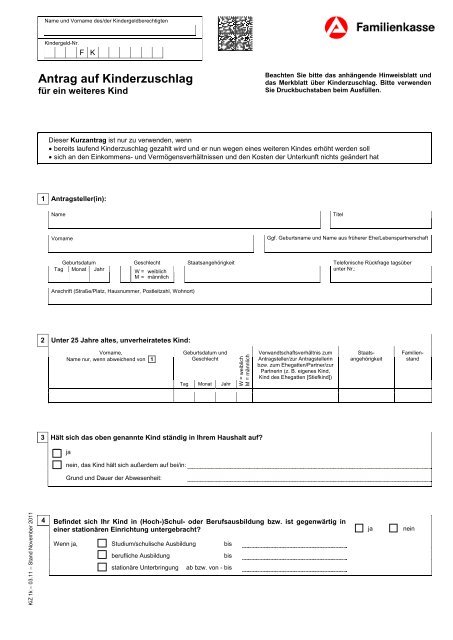
The current figures from the Federal Office for Migration and Refugees (BAMF) speak for themselves: refugees reach Germany every day after a long and often difficult journey. Employers see this as an opportunity to employ refugees as interns or interns in order to integrate them more closely into the world of work and thus into society. Praktikum.info provides information on the legal requirements, but also limits on the hiring of refugees.
Legal regulations for hiring interns with a refugee background.
When it comes to European refugee policy, this often ends in the media and politics as a controversial debate. Especially in the personnel area, the topic can be positively associated with opportunities and opportunities for both refugees and for society in Germany. More and more companies are creating programs to integrate young and qualified refugees into the world of work – mostly through an internship. However, there are some prerequisites for companies to consider.
Refugees entitled to asylum and recognized generally have a residence permit with permission to work in the Federal Republic of Germany. Asylum seekers and tolerated persons, on the other hand, generally do not have a residence permit with a work permit and are generally not allowed to have an employment relationship. Unless:
the waiting period of three months was fulfilled,
the whereabouts are not in a reception center
and the permission of the immigration office for employment or internship is available.
In this case, hiring asylum seekers as interns is completely legitimate. The approval requirement of the Federal Employment Agency has no longer been mandatory since August 1, 2015 and no longer applies to compulsory internships, orientation internships and study-related internships of up to three months.
Internship and internship as an economic opportunity.
As an alternative to employing refugees as interns, they can also be employed as interns. As a guest, interns get an insight into the corporate structures. There is neither a prescribed minimum duration for asylum seekers, nor does it require the approval of the Immigration Office or the Federal Employment Agency.
Companies, such as Deutsche Telekom, see “refugee flows as talent flows”. The shortage of skilled workers in Germany can be compensated for by hiring refugees. The internship is a good opportunity for companies and refugees to get to know culture, language and the world of work and is therefore an important step towards integration. For example, many companies can check whether the interns are suitable for future training or can be hired directly as employees. In addition, other companies are to be encouraged to deal openly with the challenge of integrating refugees in order to obtain the best possible resources. But refugees are not just pure workers: New ideas, creative ideas and fresh input can enormously strengthen the German economy in the form of start-ups or start-ups.
Many asylum seekers or persons entitled to asylum packed only the bare necessities and their documents before they fled with the Photographed mobile phone. In addition to linguistic and cultural barriers, the main challenge for HR staff in relevant companies is that the documents and papers from those affected have disappeared while fleeing or can no longer be found at the relevant authorities. Greater cooperation with Caritas, the Federal Employment Agency or study initiatives is necessary here. In addition, language courses for refugees are often required.
Easier access to study and culture.
Access to studies is also to be made easier for refugees in Germany. In this way, Kiron University Berlin enables refugees to study online free of charge and wherever they are in the first few years. Using the new study concept, they can complete their degrees at renowned international universities in the form of English-language courses and lectures, which are offered by various international universities and also recognized later. Kiron University Berlin is the first university worldwide to grant refugees access to their studies, despite the lack of certificates and documents. The project is financed through sponsors and a crowdfunding project.
RELATED ITEMS
-

Child benefit is also available in the internship
Tax tip Child benefit is also available in the internship If an internship serves to prepare for a career goal, there is also adult children…
-

Children’s home – mylabadi – internship in Africa
Place Athi River, Nairobi, Kenya Teaching and observing in primary school all subjects possible, depending on the possibility and after consultation of…
-

Download child supplement application
The exact download club you always wanted to join. The club is now open. Every single man in the world can go to his website…
-

Child benefit 2020 – all information on child benefit entitlement
Child benefit 2019 is 204 euros for the first and second child. With the third child, the amount increases to 205 euros. From the fourth child…
